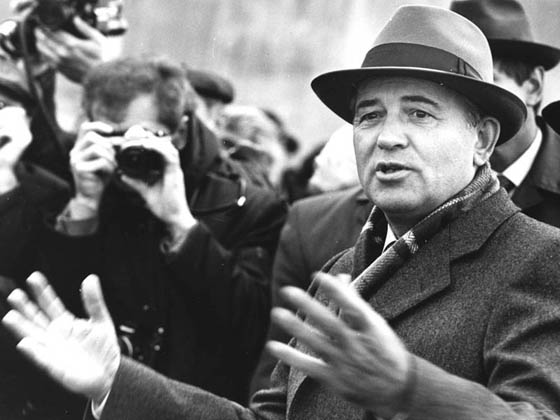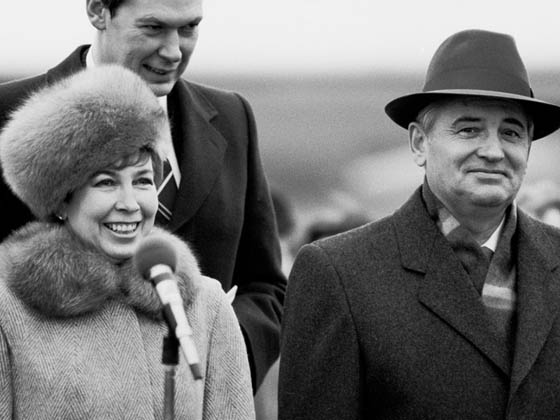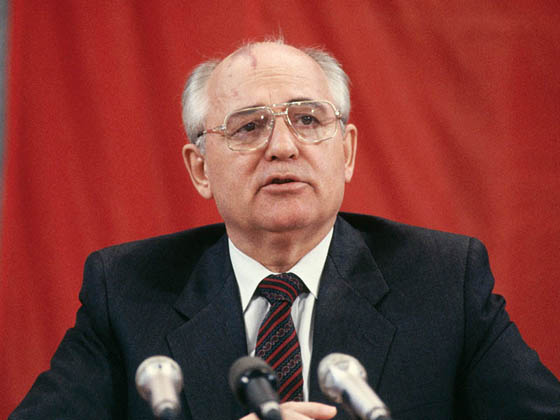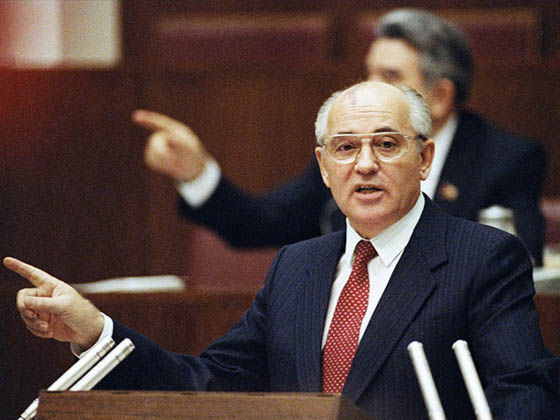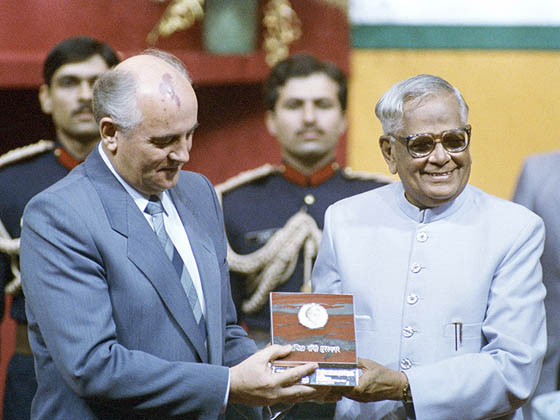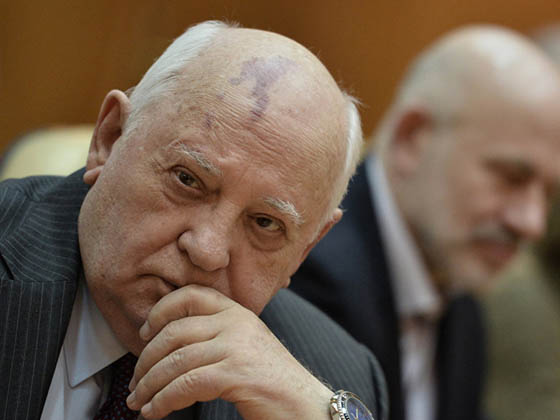Mikhail Sergeyevich Gorbachev ran the country from 1985 to 1991.
He was born on March 2nd, 1931 in the Privolnoye Village, Stavropol Territory. His father’s name was Sergey Andreyevich, mother’s Maria Panteleyevna. The spouse was Raisa Maksimovna. Secretary General of the CPSU Central Committee (March 11th, 1985 – August 23rd, 1991), first and last President of the USSR (March 15th, 1990 – December 25th, 1991), head of the Gorbachev Fund.
His presidency is assessed in a controversial manner. Gorbachev’s activity as head of the CPSU and head of the state is linked with the period of reorganization and democratization in the USSR, dubbed as Perestroika, which ended in the disintegration of the Soviet Union, and also the end of the long-term cold war with the USA.
He has many awards and honourary titles, the most known of which is the Nobel Peace Prize awarded to him in 1990.
The main events during Gorbachev’s presidency:
- April 23rd, 1985 — Plenum of the CPSU Central Committee, beginning of perestroika
- April 26th, 1986 – Accident at the Chernobyl nuclear power plant
- 1987 — Treaty between the USSR and the USA on liquidation of medium- and short-range missiles
- 1989 — Completion of withdrawal of the Soviet troops from Afghanistan
- 1989 — Fall of the “Berlin Wall”
- March 15th, 1990 – Gorbachev’s election as the USSR’s President
- 1990-1991 — Iraq crisis
- March 17th, 1991 — Referendum with the majority of Russia’s people supporting preservation of the USSR
- June 12th, 1991 — First presidential elections in Russia, election of Boris Nikolayevich Yeltsin
- June 28th, 1991 — Dissolution of the Warsaw Treaty Organization
- August 19th-21st, 1991 – Coup d’etat in Moscow, transition of real power to the RSFSR President Boris Yeltsin, dissolution of the CPSU, early stages of the USSR disintegration
- December 8th, 1991 — Belovezhsky Agreement of heads of Belarus, Russia, and Ukraine on liquidation of the USSR.
During late 1980s — early 1990s, Gorbachev, realizing the newly arising public expectations, decides to establish the institute of presidency in the country. It was connected to the fact that in the majority of civilized countries the governments were headed by presidents, while the USSR was headed by a party leader. The introduction of presidency and cancellation of Article 6 of the USSR Constitution weakened the CPSU influence on the political life in the country, but this step by Gorbachev ended in a failure, since it wasn’t based on direct declaration of will by the people. Yeltsin’s subsequent actions, which promoted a different kind of policy, including a ban on the CPSU right after overcoming the GKChP coup d’etat, became his real step, which put him in line with public expectations.
